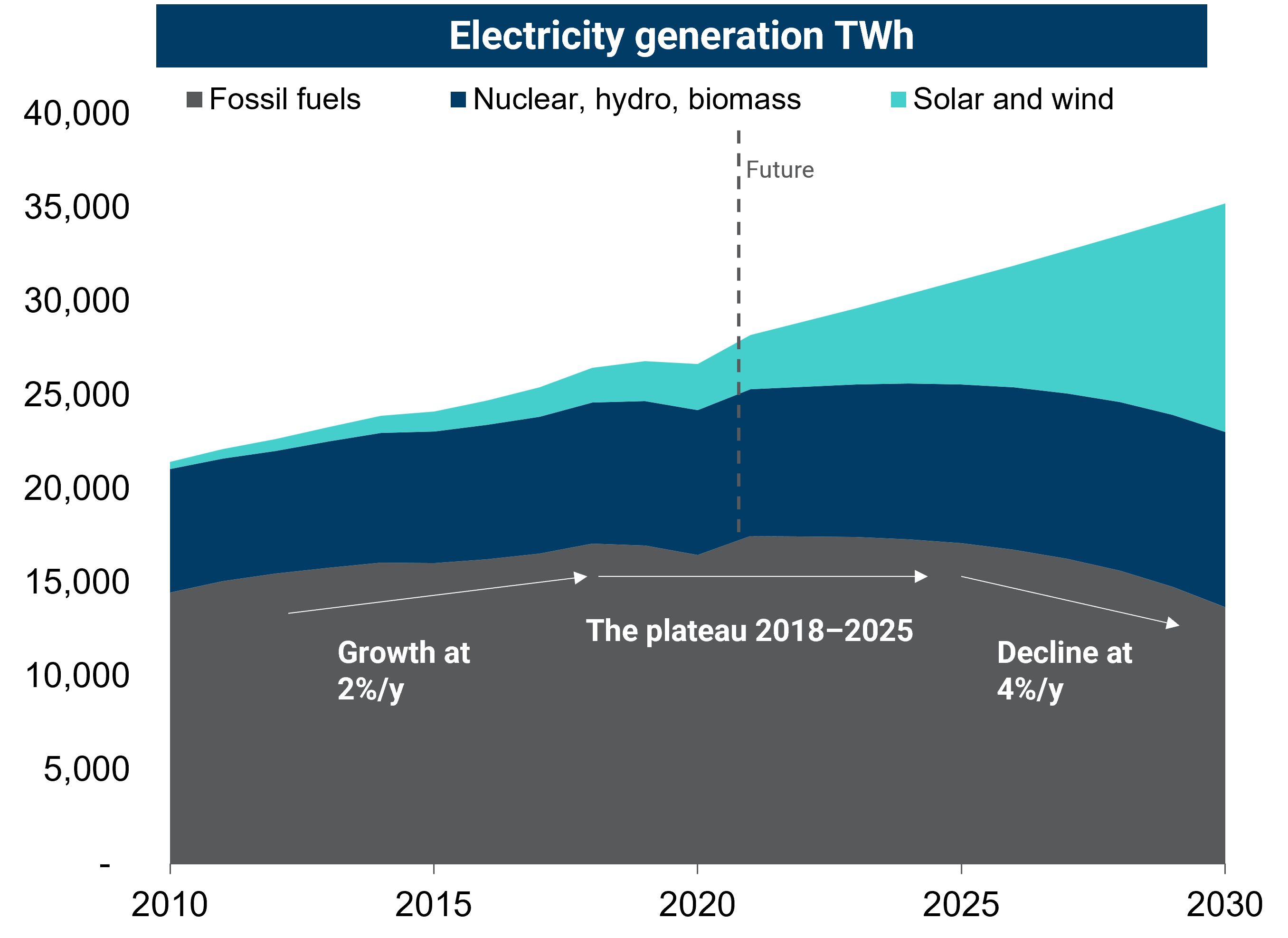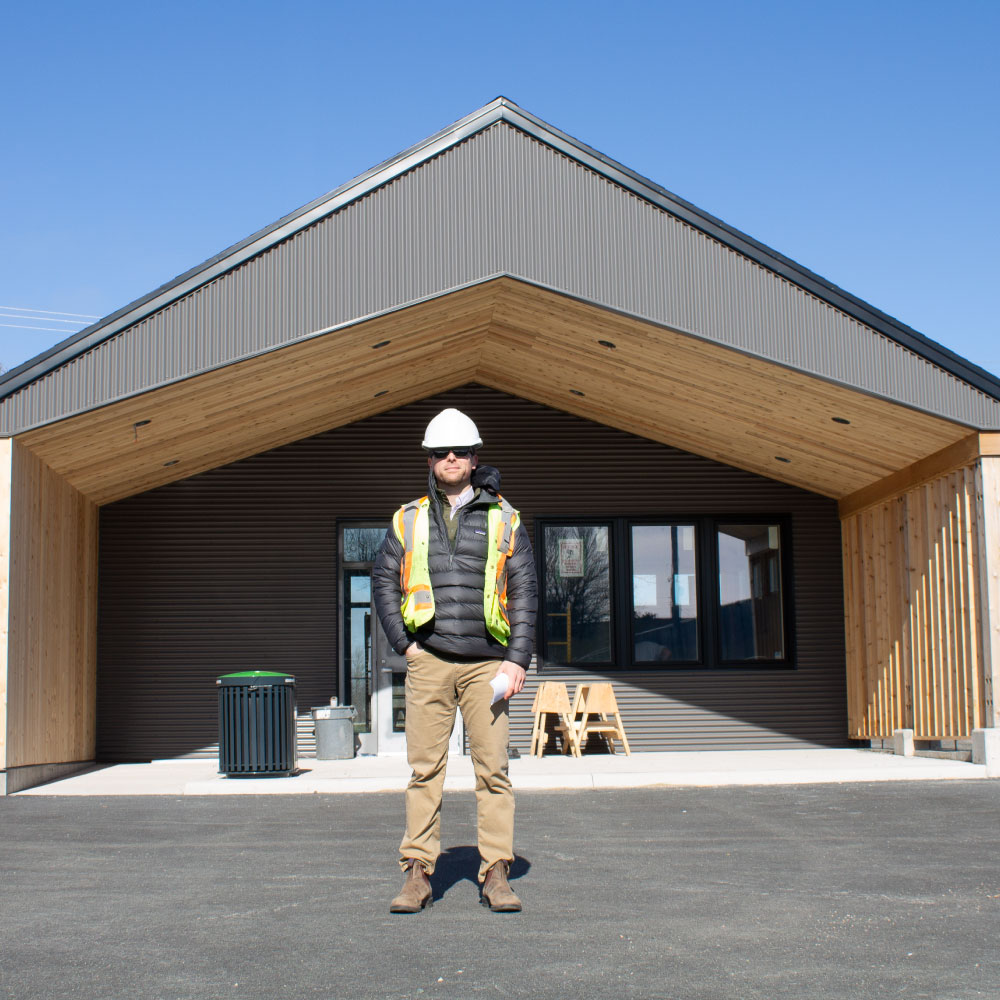As Nova Scotia prepares to welcome continuing care assistant health care professionals from Kenya to increase the number of primary care workers in our Province, at a time when we are in serious need of more support for our residents, we may, at the same time, be reducing the ability of the healthcare system in Kenya to respond to health needs in that country.
Help for Health Care
The World Population Review website has published rankings of the world’s health care systems by Lisa Brown writing in CEOWORLD magazine, a highly-respected business publication covering everything important to CEOs, senior executives, business leaders, and high net worth individuals, from business to finance, politics to economics, lifestyle to travel, both at home in the United States and globally.
Rank | Country | Health Care Index (Overall) | Infrastructure | Professionals | Cost | Medicine Availability | Readiness |
1 | South Korea | 78.72 | 87.16 | 14.23 | 83.59 | 82.3 | 87.89 |
2 | Taiwan | 77.7 | 79.05 | 13.06 | 78.39 | 78.99 | 65.09 |
3 | Denmark | 74.11 | 90.75 | 30.01 | 82.59 | 92.06 | 96.3 |
23 | Canada | 48.64 | 62.39 | 16.89 | 55.73 | 52.91 | 89.75 |
70 | Kenya | 35.16 | 69.92 | 16.86 | 53.1 | 51.23 | 89.62 |
71 | Kuwait | 35.09 | 89.14 | 15.32 | 70.55 | 89.2 | 88.98 |
72 | Dominican Republic | 34.97 | 66.12 | 21.08 | 51.05 | 62.85 | 92.5 |
89 | Venezuela | 32.42 | 71.39 | 17.16 | 52.53 | 53.7 | 89.84 |
Partial list from Countries With The Best Health Care Systems
Canada is rated at number 23 in this list and Kenya is number 70. Professionals in health care are rated at just below 17 for both countries. (Brown, 2021)
These numbers beg the question about the effect on Kenya by the immigration of skilled and capable health professionals to Nova Scotia.
Lara Yacoub and Solomon Johnson writing for Spheres of Influence, a non-profit digital publication dedicated to highlighting underreported stories in global affairs and amplifying marginalized voices, report on what the closure of the Dadaab and Kakuma refugee camps means for residents.
Health Care, for example, is an area of particular concern due to the loss of services that many refugees rely on. According to Médecins Sans Frontières (MSF), in Dagahaley alone, one of the three divisions of the Dadaab refugee complex, over 300 people require regular medication for “chronic diseases such as HIV/AIDS, tuberculosis, and a variety of cancers, as well as neurological disorders.”
Additionally in Dagahaley, about 50 people “require continued care for diabetes,” including the supply of insulin, a medication many are likely to not have access to after the closure of these camps. MSF also carries out about 700 “life-saving surgeries per year in this area of the camp, such as vital cesarean sections for mothers. (Yacoub & Johnson, 2022)
The Nova Scotia Office of Healthcare Professionals Recruitment / Labour, Skills and Immigration
has announced that more continuing care assistants will soon be moving to Nova Scotia to work, the result of a recent recruiting trip to Kenya.
“One of the biggest challenges we face is finding the right healthcare professionals to fill the vacancies we have across Nova Scotia,” said Health and Wellness Minister Michelle Thompson, the Minister responsible for the Office of Healthcare Professionals Recruitment. “There are talented and skilled people around the world who would love to come here, and we would love to have them.”
The Province led the trip to a Kenyan refugee camp in partnership with the United Nations High Commission for Refugees, Health Association of Nova Scotia, and MacLeod Group, which provides senior care across Atlantic Canada, as well as refugee-focused charities The Shapiro Foundation and RefugePoint.
The new continuing care assistants are expected to start arriving in mid-2023 and will work in the continuing care sector in communities across the province. (Healthcare Workers Coming to Nova Scotia From Kenya, 2023)
The details of the possibility of refugee health care personnel to find work in Kenya, the possibility of education and experience in Canada for the refugees to return to Kenya better equipped to serve that country, and the degree to which we value the choice of these refugees to choose life in Canada even if they are in greater need in East Africa, are some of the ethical and moral aspects of this emigration that helps first world Canada and may disadvantage people of the Global South.
References
Brown, L. (2021, April 27). Revealed: Countries With The Best Health Care Systems, 2021. CEOWORLD magazine. Retrieved January 12, 2023, from https://ceoworld.biz/2021/04/27/revealed-countries-with-the-best-health-care-systems-2021/
Healthcare Workers Coming to Nova Scotia from Kenya. (2023, January 4). Government of Nova Scotia. Retrieved January 12, 2023, from https://novascotia.ca/news/release/?id=20230104001
Yacoub, L., & Johnson, S. (2022, February 10). What the Closure of the Dadaab and Kakuma Refugee Camps Means for Residents. Spheres of Influence. Retrieved January 12, 2023, from https://spheresofinfluence.ca/what-the-closure-of-the-dadaab-and-kakuma-refugee-camps-means-for-residents/


